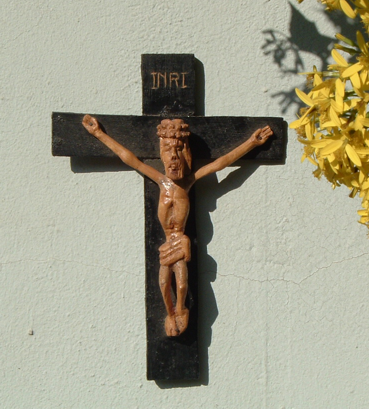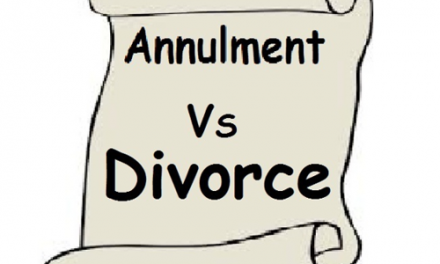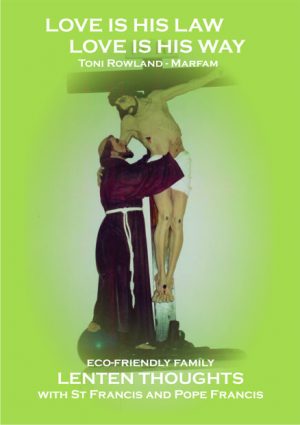I’m playing around with words around ACT. It is a verb, “to act,” but can also be a noun of course, an act, or the act. All these words show subtle differences. Some bring to mind just doing, others doing good although not necessarily, even playing or bringing to life. This interesting mish-mash of ideas, is the focus of this FAMILY MATTERS e-newsletter today.
I’m generally not big into playing games, and would rather sing than act. I may be play-acting at times but I do describe myself as an activist. Am I a for or against type of activist? Or both, depending on the situation? Last week the COP 26 CLIMATE CHANGE conference was held in Glasgow. Activists were against burning coal but for lobbying for positive action and finding funds to assist in transition from fossil fuel and for renewable sources of energy. An action outcome, www.laudatosiactionplatform.org, invites us to act or join and become a climate or biodiversity activist.

There could be a different mind-set attached to the for and against approaches, the one more positive and less challenging and the other more assertive. From 25 November to 10 December the UN commemorates 16 DAYS OF ACTIVISM FOR NO VIOLENCE AGAINST WOMEN AND CHILDREN. The UN this year calls it “16 Days of Activism against Gender-based Violence and its theme is “Orange the world: End violence against women now.” Isn’t there a different mind-set and response to these two opposites? It’s a pity, in a way, that in SA we have a different 16 days theme, as “orange the world” can have quite intriguing connotations. There are many persons, men and women, who we, activists, would like to see wearing orange, in jail, for a whole range of reasons. The local focus and the theme for 2021 is “The Year of Charlotte Mannya Maxeke – 16 Days of Activism – moving from awareness to accountability.”

As there are 16 days to consider the matter I will be picking different aspects of activism and gender-based violence, or GBV, but which I would like to call family violence. This is because it often happens within families, however not necessarily always, and male perpetrators and female victims are the overwhelming scenario. I would like to think that one helpful approach could be, not working with the women or with the men in isolation, but with a family unit, and, in addition, from a faith perspective.
As believers what position do we take when it comes to issues of family conflict? An intensive programme was run for dioceses SA in 2018. Its title, ”How can we help to end violence in Catholic families?” with a quote from Pope Francis: “violence can be overcome only by changing human hearts.” The programme explores the variety of reasons, many psychological and cultural too. The incidence of family violence is equally prevalent with Catholics and non-religious people in general, although is was said that regular church-going men tend to be less violent. The programme suggests that Catholic teaching on marriage and sexuality is not well understood and integrated. It states, “the desire to dominate and control others is deeply rooted in our nature damaged by sin. We need conversion and transformation in Christ to overcome it. Our daily lives through grace, prayer, learning and practicing communication and skills are ways to resist the negative influences surrounding us.” Action must be taken, in simple ways, but if necessary through professional help.
Churches and FBOS often went into hibernation during COVID days, and yet that is where and when the need existed and the stresses multiplied in the little churches of the home.

FAITH ACTION TO END GENDER-BASED VIOLENCE is an initiative started in 2020. It is a collective, “a group of faith-based organisations and individuals working in our own spaces to create a South Africa free from gender injustice and gender-based violence in any form.” The collective actively collaborates with government too through the office of Women, in the Presidency. The website https://sites.google.com/rapidresults.org/fbo-gbvf/home sets out their goals and objectives. It recognizes too that faith communities should be a safe space and yet faith leaders are not necessarily equipped to deal most effectively with the situation. Because of their position and power it may be challenging for victims to report to them. We as peers can be more active.

Any time is the right time to move from awareness to action and accountability. Any people can take action and choose the path of activism. Pope Francis has a unique way of presenting his message, “How I wish that all men and women of good will would look to the Cross if only for a moment! There we can see God’s reply: violence is not answered with violence, death is not answered with the language of death. In the silence of the Cross the uproar of weapons ceases and the language of reconciliation, forgiveness, dialogue and peace is spoken. Let everyone be moved to look into the depths of his or her conscience and listen to that word which says, ‘Leave behind the self-interest that hardens your heart, overcome the indifference that makes your heart insensitive towards others, conquer your deadly reasoning and open yourself to dialogue and reconciliation.’” Pope Francis, Vigil of Prayer for Peace. 2013. Any takers for family-minded activism?







Recent Comments